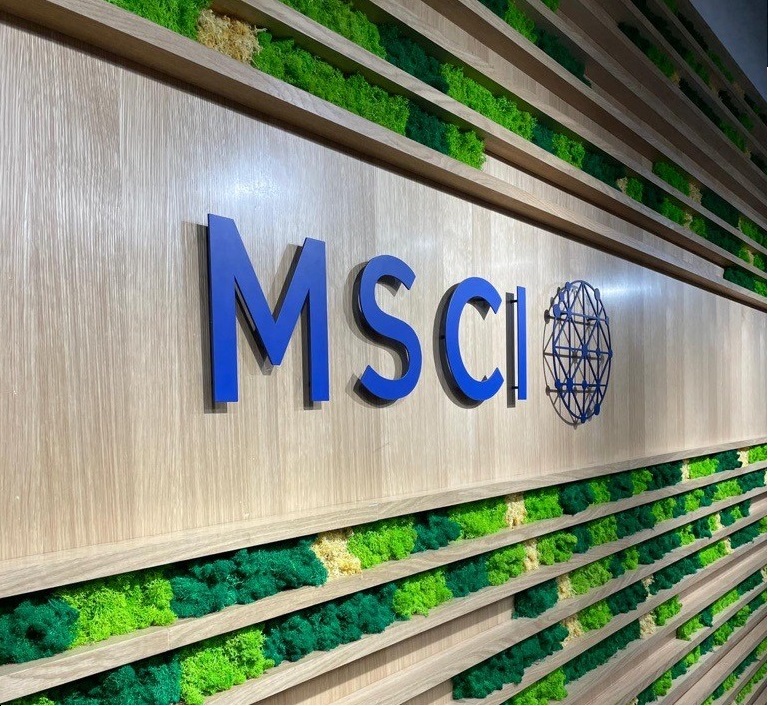Ireland, Greece, and Korea show progress, while China and Turkey face persistent barriers

MSCI Inc. has released its 2025 Global Market Accessibility Review, highlighting a year marked by significant reforms in market infrastructure, particularly across Emerging and Frontier Markets. The report, published annually, evaluates the investability of equity markets using five core criteria and 18 specific measures, shaping market classification decisions that inform trillions in index-linked investments.
The accessibility review is intended to guide market authorities, international investors and index users in understanding key hurdles in cross-border equity investing. This year’s results point to improvements in capital market frameworks, settlement systems and disclosure policies in multiple jurisdictions, despite lingering structural issues.
> “MSCI aims to foster global standards for accessibility and efficiency. Our review continues to reflect the experience of institutional investors navigating the world’s capital markets,” the company noted in the report.
Five Key Criteria for Assessment
MSCI uses five broad criteria to assess equity market accessibility:
- Openness to Foreign Ownership
- Ease of Capital Inflows and Outflows
- Efficiency of the Operational Framework
- Availability of Investment Instruments
- Stability of the Institutional Framework
These are further broken into 18 indicators, including foreign ownership limits, capital controls, registration hurdles, and infrastructure quality. The findings rely on investor feedback, regulatory filings, and market data as of May 31, 2025.
Summary of Global Ratings
MSCI rated 87 markets, categorizing them into Developed, Emerging, Frontier and Standalone. This year witnessed more upgrades than downgrades, with notable improvements in infrastructure and foreign investor treatment in several nations.
Exhibit 1: Changes in Accessibility Ratings by Market Category
| Market Category | Improvements | Deteriorations |
| Developed Markets | 1 | 0 |
| Emerging Markets | 8 | 1 |
| Frontier Markets | 3 | 4 |
| Standalone Markets | 0 | 0 |
Developed Markets: Shifting to T+1 Settlement
Developed Markets broadly maintained “++” scores across categories. However, one notable enhancement was Ireland’s upgrade on the foreign room criterion following Ryanair Holdings’ increase in foreign ownership limits. Meanwhile, settlement cycles continued to tighten:
- U.S. and Canada transitioned to T+1 in 2024.
- UK and EU will follow suit by October 2027.
- Switzerland aims for similar timelines.
- Australia will not proceed before 2029.
Investors warned that globally misaligned settlement practices could lead to fragmentation and risk.
Emerging Markets: Korea, Greece and Czech Republic Lead Improvements
Reforms in several Emerging Markets led to improved accessibility ratings.
Notable Emerging Market Reforms
- Korea allowed institutional participation in onshore FX markets, extended trading hours to 2 a.m., and introduced LEI-based investor onboarding.
- Greece saw progress with omnibus structures and post-trade flexibility, including stock lending and short selling.
- Czech Republic improved English-language disclosures and shareholder rights transparency.
- Kuwait enhanced financial data timeliness.
- Brazil, Chile and Turkey outlined timelines for T+1 settlement transitions.
Frontier Markets: Vietnam and Croatia Mark Upgrades, But Others Lag
The Frontier Market segment introduced a new “Advanced FM” label for economies with Developed Market-like accessibility but constrained size and liquidity. Estonia, Latvia, Lithuania, Romania and Slovenia qualified, while Iceland was removed due to foreign ownership limitations in its fisheries sector.
Reforms were observed in:
- Vietnam, where phased mandatory English disclosure began in January 2025.
- Croatia, which upgraded its settlement infrastructure via TARGET2.
However, Pakistan, Tunisia and Iceland experienced downgrades linked to foreign exchange limitations and deteriorating transparency.
Exhibit 2: Market-Specific Changes in Accessibility Criteria
| Market | Improvement Area(s) | Deterioration Area(s) |
| Korea | FX market access, LEI onboarding, short selling | — |
| Greece | Stock lending, short selling, omnibus accounts | — |
| Czech Republic | Information disclosure, investor rights | — |
| Iceland | — | Foreign ownership and room |
| Pakistan | — | FX market liberalization |
| Oman | Information flow | — |
| Tunisia | Custody | Institutional stability |
Standalone Markets: Argentina Undertakes FX Liberalization
Standalone markets largely remained unchanged in classification, but Argentina implemented key reforms. The Central Bank transitioned to a managed float in April 2025 and lifted many restrictions on dividend repatriation and USD access. However, substantial limitations for institutional investors remain.
Conclusion: Ongoing Engagement and Future Classifications
MSCI emphasized that any upgrade in market classification would require irreversible structural changes. As the global landscape evolves—with greater digitization, shorter settlement cycles and rising ETF activity—market authorities are expected to align with global best practices to attract institutional capital.
The full review will be followed by MSCI’s annual Market Classification Review announcement on June 24, 2025, where potential reclassifications and feedback outcomes will be disclosed.